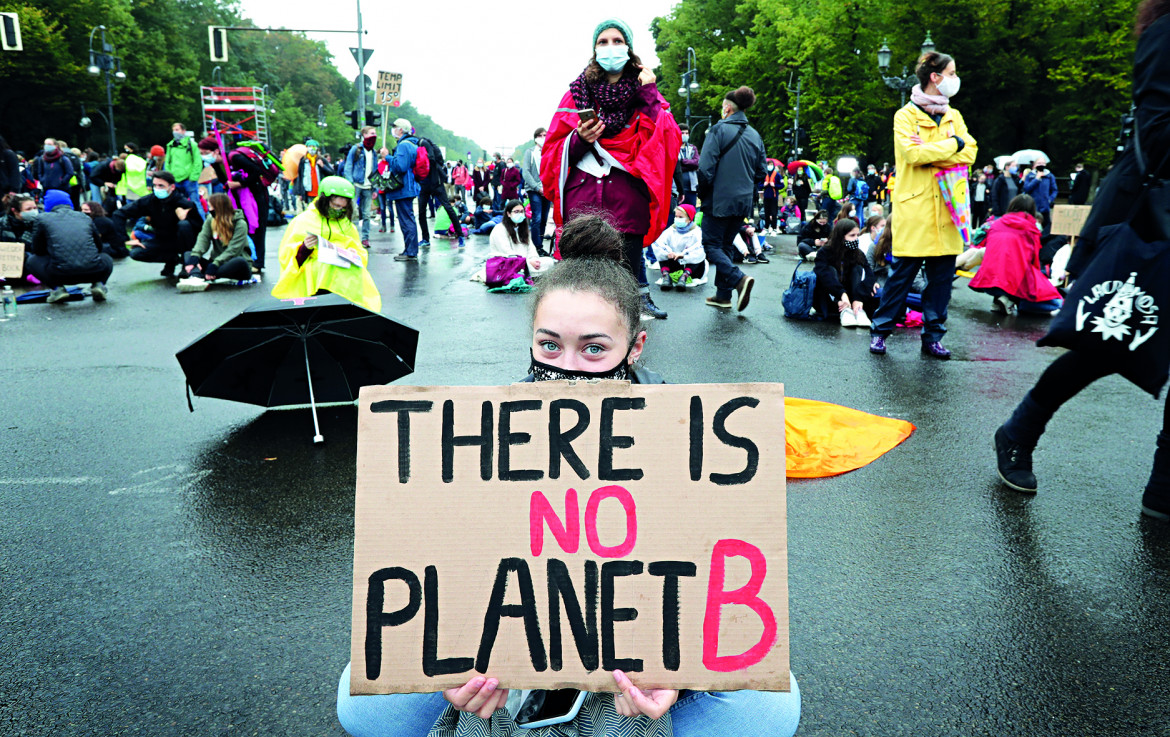Analysis
Papanomics: Francis called for a new economic model
‘Things cannot go on the way they are. The present world system is certainly unsustainable from a number of points of view and is harming our sister earth.’ Philanthropy is not enough. The poor must become protagonists.

The current world economic system is ”unsustainable” because it produces environmental damage and causes exclusion and poverty. Solidarity is not enough, we need a “change” in “lifestyles” but also in “production and consumption models.”
From Assisi—where, a month and a half ago, the pope issued the social encyclical Fratelli tutti (Brothers All)—comes a new appeal for another model of development that would place at the center not the profit of the few, but human life, the environment and the common good of everything and everyone.
The context was the international summit by videoconference, but the “direction” was to be found in the city of St. Francis, among 2,000 young economists (but also entrepreneurs and economic operators) under 35 years old from 115 countries across the world, entitled—admittedly with a somewhat excessive personalistic emphasis—“The Economy of Francesco. Young people, a commitment, the future.”
Initially scheduled as an exclusively on-site event in March, the COVID-19 pandemic forced a change in schedule. Accordingly, the initiative, preceded by work lasting several months conducted by 12 themed working groups (on work and care; management and gift; finance and humanity; agriculture and justice; energy and poverty; vocation and profit; policies for happiness; CO2 of inequalities; business and peace; women for economy; businesses in transition; life and life-style), was streamed from November 19 to 21. But the plan is to be able to organize a real-life meeting, not a virtual one, in the autumn of 2021.
On Saturday, at the end of the three-day event, there was a message from the Pope delivered via video, who has strongly supported this initiative, perhaps hoping to replicate the success of the meetings at the Vatican with representatives of the popular movements—while those were clearly of another kind entirely.
“Things cannot go on the way they are,” said Francis. “The present world system is certainly unsustainable from a number of points of view and is harming our sister earth, so gravely maltreated and despoiled, together with the poor and the excluded in our midst.”
Addressing the young economists, he said: “you are called to have a concrete impact on cities and universities, workplaces and unions, businesses and movements, public and private offices, and to work with intelligence, commitment and conviction in order to reach the centers where ideas and paradigms are developed and decided,” “sparking processes” capable of creating change in “life-style, models of production and consumption, and established structures of power which today govern societies.”
The perspective must be that of the “common good,” and solidarity and “welfare” are not enough, because these are not able to work “structurally” on the hegemonic economic and development system, said the pontiff in the central part of his speech. “We are not condemned to economic models whose immediate interest is limited to profit and promoting favorable public policies, unconcerned with their human, social and environmental cost,” as if we could count “count on an absolute, unlimited and indifferent availability of resources.” Nor is it “sufficient to trust in the search for palliatives in the third sector or in philanthropic models. Although their efforts are crucial, they are not always capable of confronting structurally the current imbalances, which affect those most excluded, and they unintentionally perpetuate the very injustices they seek to combat.”
This change, Francis added—in a passage in which one could hear the echoes of some of the words he addressed to the popular movements—is possible only if “the poor and the excluded” will really become “protagonists” and will be able to actively participate in political decisions. “Not acting, according to the model of the Enlightenment, as enlightened élites, where everything is done for the people, but nothing with the people. This is not acceptable. Let us, then, not think for them, but with them. Let us learn from them how to propose economic models that will benefit everyone” and put the common good at the center, because otherwise “we would remain prisoners of an alienating circularity that would perpetuate only dynamics of degradation, exclusion, violence and polarization.”
Finally, he spoke out against the idol of “productivity,” which only has value if it is able to “reduce forms of inequality,” because “it is not enough to increase the general fund of wealth and then distribute it more fairly.”
Originally published at https://ilmanifesto.it/la-papanomics/ on 2020-11-22
